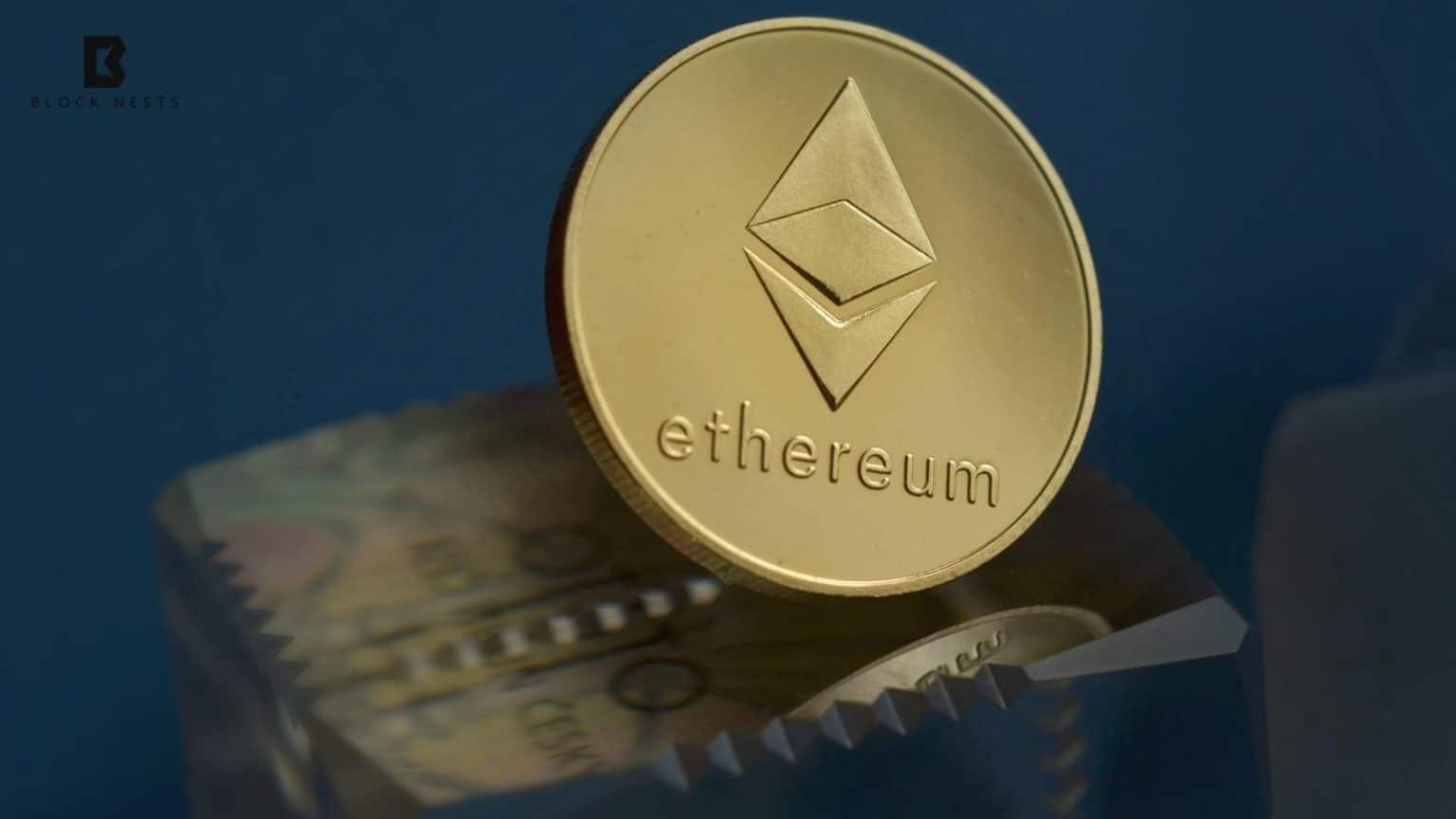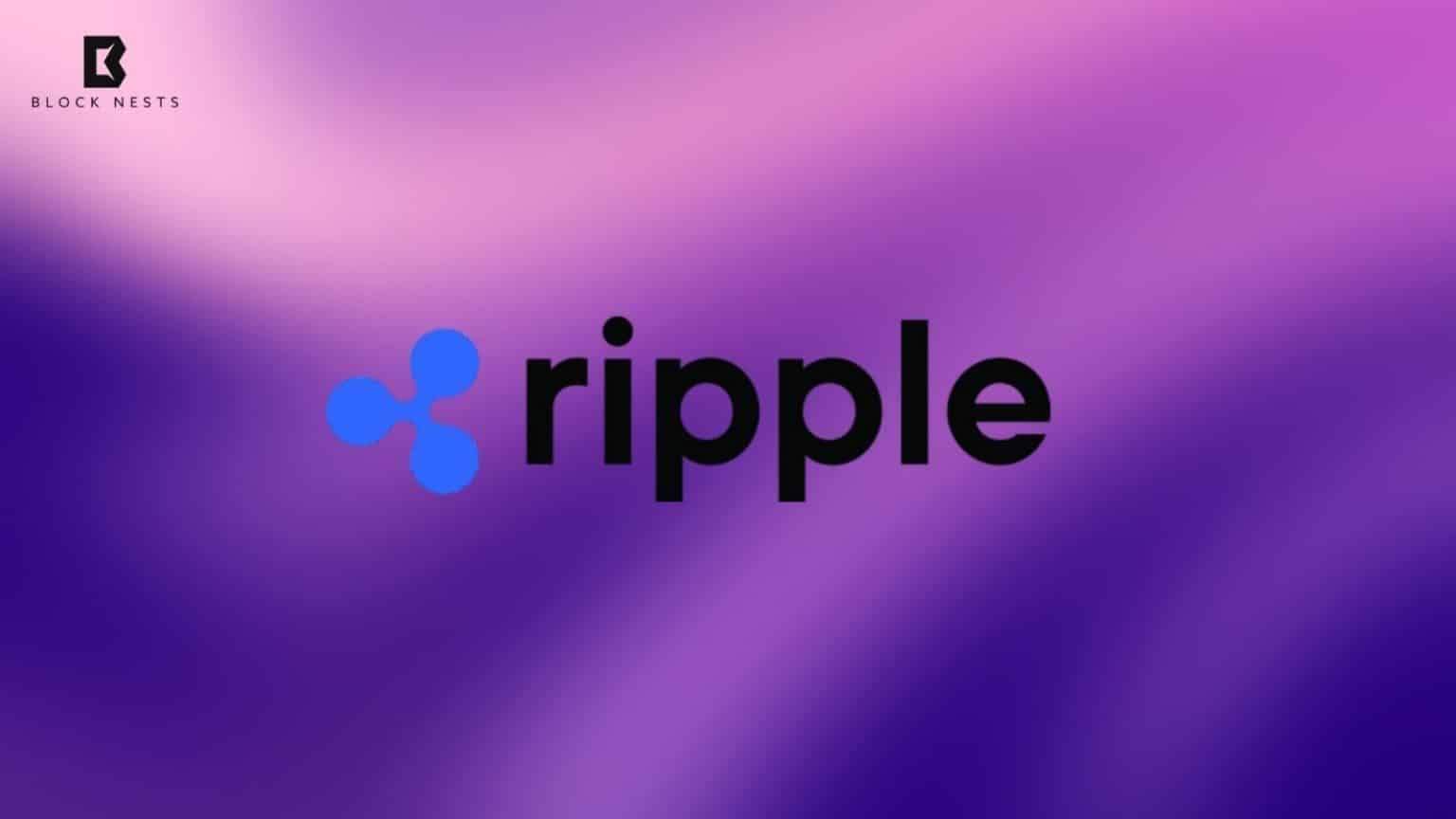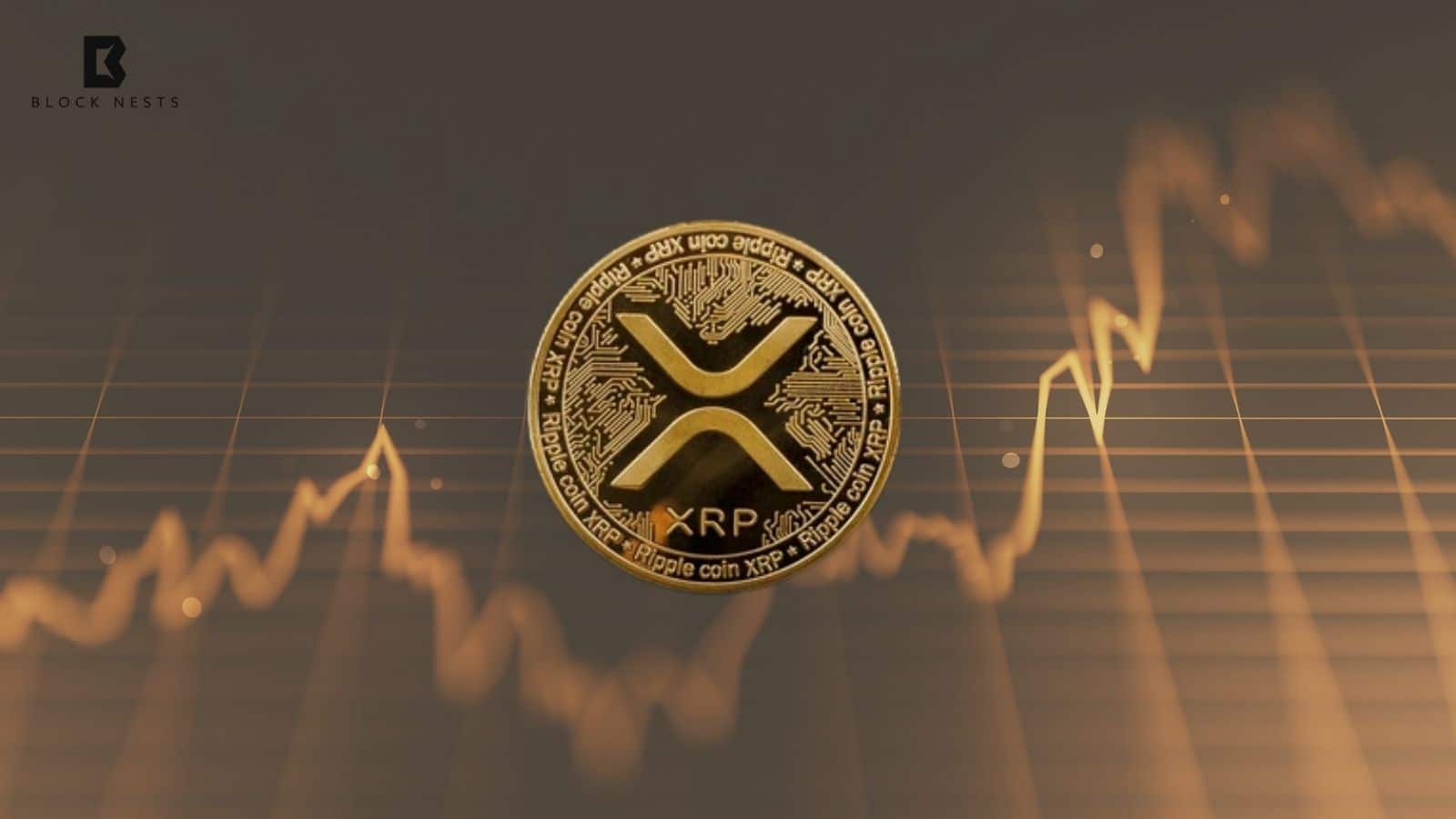- The U.S. government confirms its Bitcoin reserve will consist only of seized assets, ruling out purchases of new crypto holdings.
- Peter Schiff says authorities won’t buy Bitcoin, only keeping seized assets, fueling debate over government-held crypto.
- The Biden administration’s handling of seized Bitcoin sparks questions on future policies for digital asset management.
According to financial analyst Peter Schiff, the U.S. government will not allocate public funds to purchase additional Bitcoin for reserves. Instead, the government will maintain a strategic Bitcoin reserve consisting exclusively of cryptocurrency assets seized from illicit activities or criminal enterprises. This decision effectively rules out the inclusion of Ethereum (ETH), XRP, Cardano (ADA), or Solana (SOL) in official holdings.
Schiff highlighted ongoing debates about whether authorities should proactively acquire Bitcoin, but the executive order explicitly confirms no direct purchases will occur. The policy reinforces that the government will only retain confiscated Bitcoin rather than actively investing in cryptocurrency markets.
Discussions regarding the government’s Bitcoin strategy have significantly intensified following concerns about the Biden administration’s approach to digital assets. Schiff suggested that selling seized Bitcoin before Biden’s term ended would have been more prudent. However, since this liquidation never happened, speculation continues regarding whether authorities intend to utilize or eventually sell these assets.
Government’s Approach to Crypto Reserves Raises Questions
Confirming that U.S. Bitcoin reserves will consist only of seized assets has sparked mixed reactions. Some argue this signals an implicit endorsement of Bitcoin’s long-term value, while others see it as regulatory uncertainty.
Schiff, who has been highly critical of Bitcoin in the past, reaffirmed that he has not changed his position on government intervention in the cryptocurrency market. He affirmed this by saying while authorities may hold on to Bitcoin, they never intended on using the funds to buy other assets. They sparked discussions of how the government keeps Bitcoin and how future governments may address the issue in a different manner.
Market analysts closely monitor policy developments concerning government-held digital assets and cryptocurrency-related regulations. The evolving regulatory landscape influences institutional and retail investors’ sentiment toward the broader cryptocurrency market.
Also Read: Ripple CTO Confirms Ongoing XRP Sales to Fund Company Operations
How would you rate your experience?






